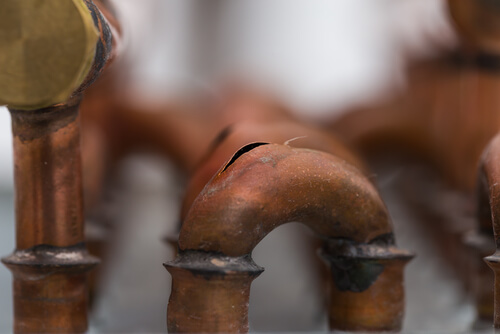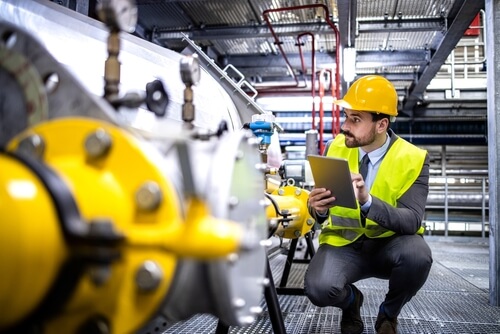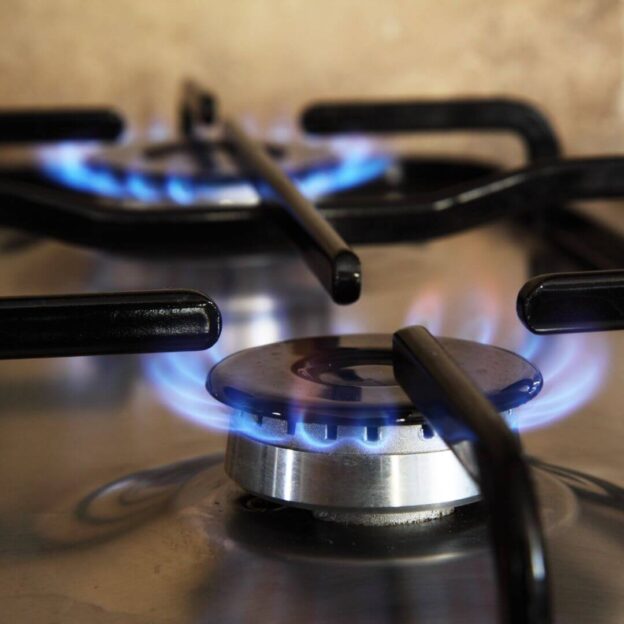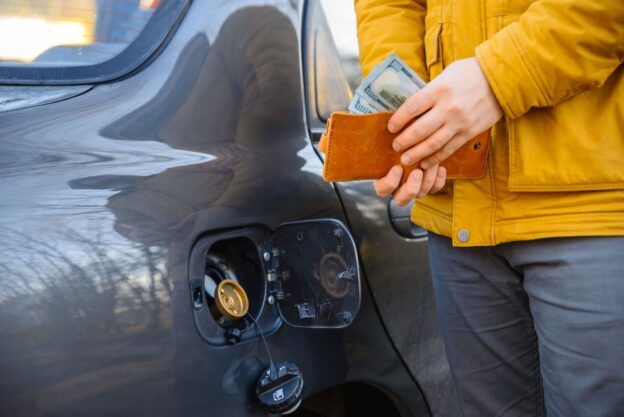A gas leak can be hazardous if left unaddressed. Many people are unaware of the subtle signs of a gas leak in their homes that could serve as early warnings. Being able to recognize these subtle signs and acting quickly could prevent a devastating home explosion or carbon monoxide poisoning.
As a leading equipment and services provider in the natural gas industry, we put your safety first. Gas leaks in the home or office can be deadly, and fast. Let’s cover some of the subtle signs you should look out for, steps on what to do if you suspect a leak, and how to stay safe.
Smell an Odor Like Rotten Eggs
This tip is a given, but we’d be remiss to exclude it! A faint rotten egg smell is one of the first signs of a possible gas leak.
Natural gas companies add a chemical called mercaptan to natural gas, which gives it a distinct sulfur or rotten egg odor so that leaks can be more easily detected. If you catch a whiff of rotten eggs in or around your home, you should take it seriously as a sign of a gas leak even if the smell is very faint. .
See Dead or Dying Plants Near Gas Lines
If you have dead patches or inexplicably dying plants on the exterior of your home near gas lines coming into your house, it could indicate a gas leak.
Natural gas contains substances that can be harmful to plants. So, vegetation that appears unhealthy or dead near gas lines should prompt suspicion.
If you notice dying plants only in concentrated areas around gas lines, it’s a warning sign to investigate further to ensure natural gas safety.
Hear Hissing Noises Near Appliances or Gas Lines
An important sensory clue is to listen for any hissing sounds near appliances fueled by natural gas or near gas lines. A high-pitched hissing or roaring sound often accompanies gas leaks as the gas escapes from pipes or valves.
Use your sense of hearing as you walk around rooms with gas appliances like stoves, water heaters, or furnaces, and listen closely for abnormal hissing. Also, listen to exposed gas lines running into appliances or outdoor gas connections. Even a faint hissing could signal a real leak.
What To Do If You Suspect a Gas Leak
So you’ve discovered you have a gas leak. It’s time to take prompt action now!
Flee From the Home
If you notice any of the warning signs above or directly smell natural gas inside your home, you should instantly leave the house with all occupants and pets.
Do not stop to shut off appliances, turn off lights, or gather belongings. Once safely outside, move a reasonable distance away from the home in case of explosion.
Call emergency services and your gas company’s emergency gas leak hotline if available. Stay outside until officials give clearance.
Avoid Using Electronics
A key thing to avoid is turning on or off any electrical devices including lights, and garage doors, and especially do not try to make a phone call from inside a home with a gas leak.
Electronics could produce sparks and risk explosion. It’s vital to immediately exit the house and call for help from a safe distance outside.
Open Doors and Windows
If you suspect a major gas leak and have time to ventilate on your way out quickly, you can open doors and windows to allow gas to diffuse instead of concentrating in an enclosed space.
Opening up the house can diminish gas buildup and reduce certain risks. This is only something to do if you can do so non the way out of your house.
Call Emergency Services
After leaving your home, call emergency help from a secure location at least several houses away from the gas leak. Call 911 to report the situation so that firefighters, medical services, hazmat teams, gas company professionals, and police if necessary, can all respond for coordinated management and resolution of the gas leak.
Give details on the gas smell detected, your household size, and if anyone is still inside or has health conditions for EMT awareness.
Wait For the All Clear
Once emergency crews arrive on site, they’ll use specialized gas detection tools and ensure the area is safe before letting you back into your home.
After calling for help, the rest of the process is just a waiting game that ends with you getting the “all clear” to go back to your safe home.
Pro-Gas Services Helps America Stay Alert For Signs of Gas Leaks
While we mainly provide equipment like gas coolers and NGL storage, we also love advising our customers about natural gas safety and industry news.
Concerning this tidbit, we say always remain alert in your home for any of the subtle warning signs indicating a hazardous gas leak. Taking quick action if you ever suspect a leak could save your life and those of your loved ones.
If you are a natural gas production facility manager or just a natural gas consumer who wants to know more about natural gas production, contact us today to learn more about our products and availability.







